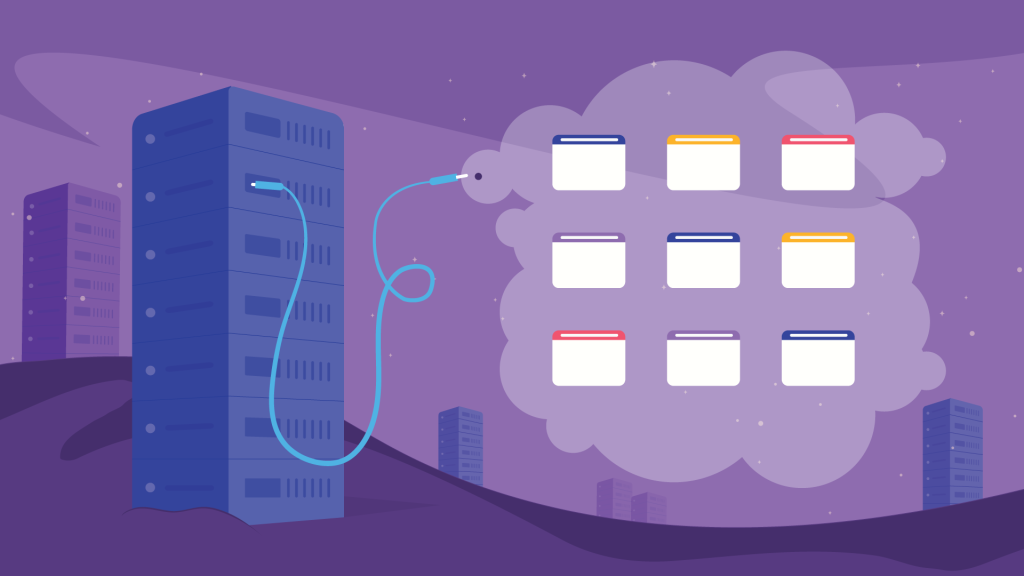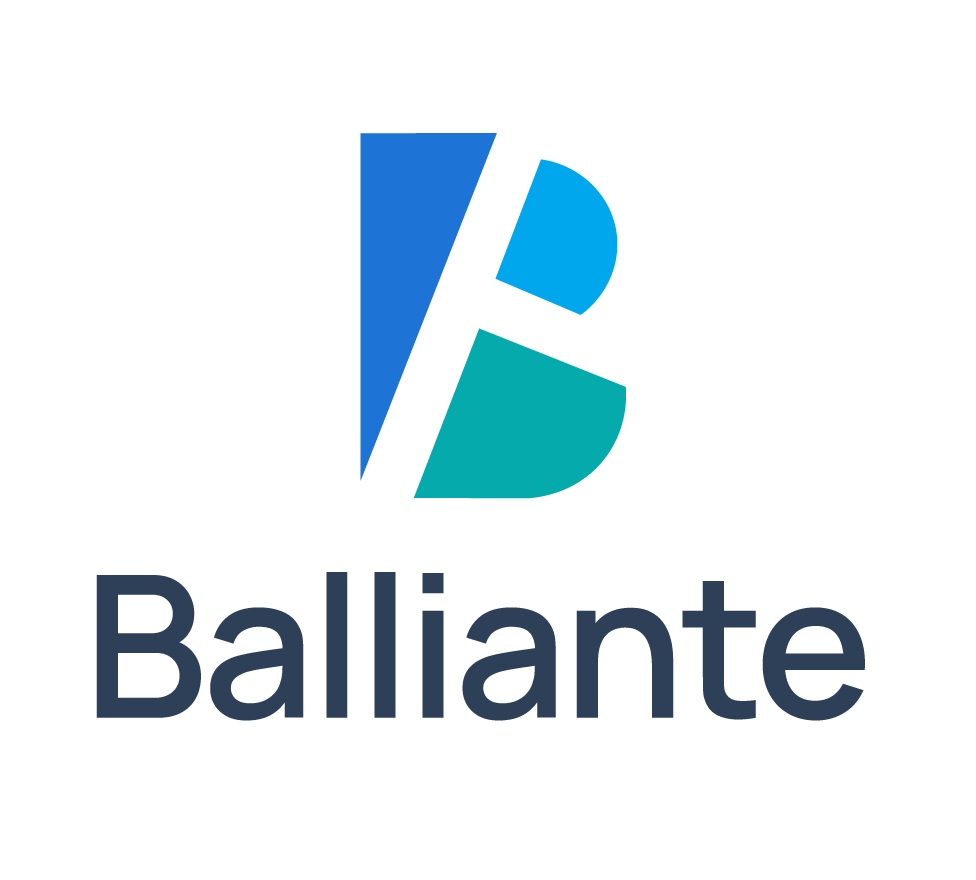Among the most crucial choices you’ll make when building a website is selecting the best kind of web hosting for your company. Your site’s scalability, security, performance, and user experience are all directly impacted by your hosting platform. Shared hosting and dedicated servers are two of the most popular hosting choices; each has pros and cons of its own. We’ll go into great detail in this article about the distinctions between dedicated servers and shared hosting so you can choose the best one for your company.
Shared Hosting: What Is It?
Several websites are housed on a single physical server under the shared hosting model. This implies that your website shares server resources with other websites, such as memory, CPU, and storage.
Shared hosting is sometimes seen as the entry-level option for newly established companies or those with smaller, less popular websites. It is a desirable choice for new businesses, blogs, and tiny e-commerce websites because it is affordable and simple to set up.

Pros of Shared Hosting: The affordability of shared hosting is one of its biggest benefits. Hosting companies are able to provide these plans at a far lower cost than alternative hosting solutions because server resources are divided among several websites. Because of this, it’s perfect for entrepreneurs and small enterprises with tight budgets.
Ease of Use: Most shared hosting packages include one-click installation capabilities for well-known content management systems (CMS), such as WordPress, and intuitive control panels, such as Plesk or cPanel. Because of this, even users without technical experience can utilise it with ease.
Maintenance-Free: You don’t have to bother about software installations, security updates, or server maintenance because the hosting company manages the server. All of this will be taken care of by your host.
Cons of Shared Hosting: The amount of traffic and performance that your website can manage may be limited because it shares resources with other websites on the server. Your site may slow down if there is an increase in traffic on another website hosted on the server.
Lack of Customisation: You typically have less control over server settings in shared hosting situations. This could be limiting for experienced users who wish to personalise their hosting environment.
Security Risks: Although hosting companies use security protocols, the coexistence of numerous websites on a single server may increase security vulnerabilities. Although most trustworthy hosts reduce this risk, other sites on the server may be impacted if one is compromised.

What is a dedicated server?
As the name implies, a dedicated server is a physical server that is only used for your website. Since no other websites share the server’s resources, unlike shared hosting, you have complete control over the server’s performance, security, and setup.
Large companies, e-commerce websites, and high-traffic websites that demand the highest levels of speed, security, and dependability are the greatest candidates for dedicated servers.
Pros of Dedicated Servers
High Performance: Your site loads faster and is more reliable because all server resources are devoted to it. This makes it perfect for resource-intensive apps, websites with a lot of traffic, or companies who need their websites to function at their best.
Complete Control: You can alter every part of the server environment when you have root access to a dedicated server. You have complete control over resource management, server configuration, and custom software installation.
Enhanced Security: A far higher degree of security is offered by dedicated servers. Your website is not exposed to the dangers presented by other websites since it is insulated from others. Additionally, you can put advanced security features like firewalls, encryption, and malware detection into place that are specific to your needs.
Scalability: The scalability of dedicated servers is very high. You can add more hardware or increase the server’s capacity as your company expands to handle increased data and traffic without experiencing any problems.

Cons of Dedicated Servers
Cost: The primary drawback of dedicated servers is their high price. It costs a lot more than shared hosting because you are renting a whole physical server. Because of this, it is less feasible for startups or people on a limited budget.
Technical Know-How Necessary: Managing your server comes with complete control. You’ll require a certain level of technical know-how to maintain, upgrade, and secure your server, unless you choose managed dedicated hosting.
Updating, applying security patches, and performing other maintenance duties are your responsibility when it comes to a dedicated server. This is in contrast to shared hosting, where the provider takes care of the majority of the server management. If you’re not experienced in server management or don’t have the funds to employ someone who is, this could take a lot of time.

Key Considerations When Choosing Between Shared Hosting and Dedicated Servers
Traffic and Website Size:
Shared hosting is a sensible, affordable option for small websites or blogs that don’t anticipate a lot of traffic. A dedicated server, however, can be a better option if you manage a high-traffic website or e-commerce platform that demands quick load times and high uptime.
Spending limit:
Shared hosting is a great option if you’re just getting started and need something economical. Dedicated hosting pays well for companies who require higher performance and have bigger resources.
Security requirements:
The improved security features of a dedicated server can give websites that handle sensitive data—like financial information or consumer personal details—peace of mind. Although generally safe, shared hosting does not provide the same level of isolation or personalised security settings.
Requirements for customisation:
Minimal customisation is available with shared hosting, which is acceptable for ordinary websites built on WordPress and other similar systems. Nonetheless, a dedicated server offers you the freedom to install particular apps or set up the server environment for unique applications.
Prospective Development:
Scalability is essential if you anticipate large future growth for your website. Shared hosting is capable of supporting basic growth, while dedicated servers offer far more space for expansion without sacrificing performance.
Which Is Best for Your Company?
For startups, small enterprises, and personal bloggers searching for an inexpensive, user-friendly solution, shared hosting is the perfect choice. Shared hosting may suit your needs if your website doesn’t require a lot of resources and won’t break the bank.
Larger companies, e-commerce sites, or groups with highly trafficked websites that demand the best possible performance, security, and customisation are the perfect fit for dedicated servers. If your website is the main source of revenue for your company, getting a dedicated server could give you the stability and control you require.

